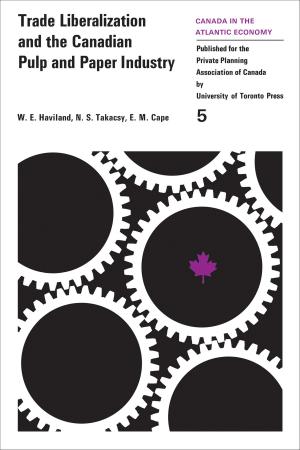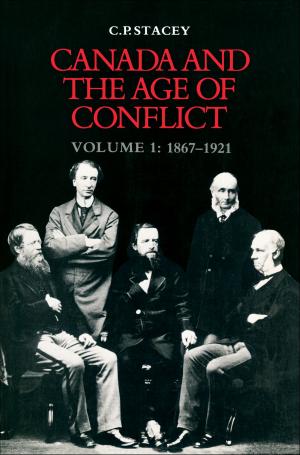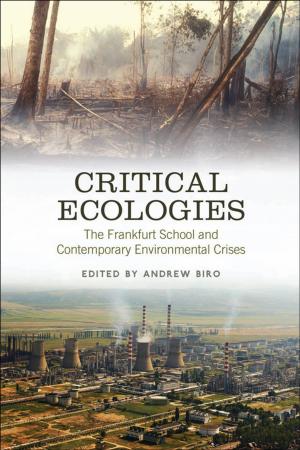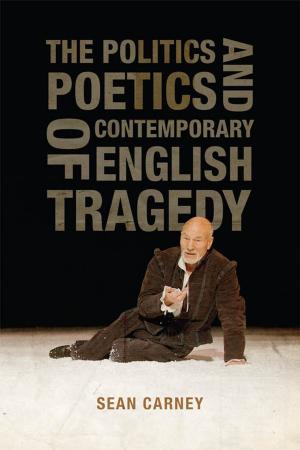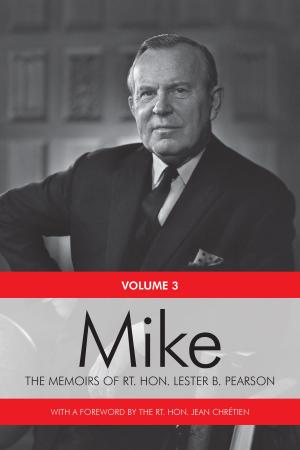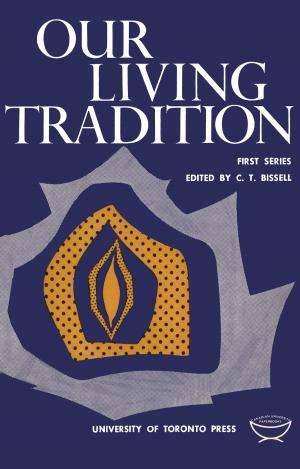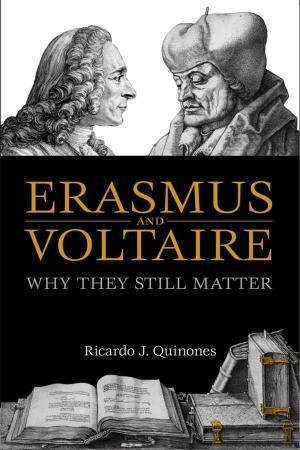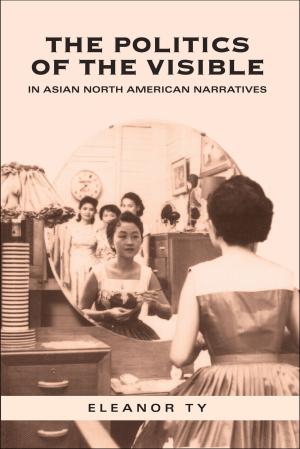Russian Literature, 1988-1994
The End of an Era
Fiction & Literature, Literary Theory & Criticism, European, Eastern European, Russian| Author: | Norman Shneidman | ISBN: | 9781442656079 |
| Publisher: | University of Toronto Press, Scholarly Publishing Division | Publication: | December 15, 1995 |
| Imprint: | Language: | English |
| Author: | Norman Shneidman |
| ISBN: | 9781442656079 |
| Publisher: | University of Toronto Press, Scholarly Publishing Division |
| Publication: | December 15, 1995 |
| Imprint: | |
| Language: | English |
The collapse of the Soviet Union brought about radical changes in the Russian literary world. With the state's relinquishment of control over literary production, writers acquired freedom of expression and publication. State publishing houses, now self-supporting enterprises, stopped printing money-losing books and turned to foreign detective novels and erotic literature, effecting a considerable shift in popular taste. The writer, no longer a producer of ideology, has been recast as a struggling competitor in a free-market environment.
Focusing on the current Russian literary scene, Russian Literature, 1988-1994 examines these recent changes. Beginning with a general overview of the political, intellectual, and social atmosphere in the country and its effect on artistic creativity, Shneidman surveys the period's literature. He considers the work of succeeding generations of prose fiction writers: the 'old guard,' the writers of the intermediate generation, and the younger authors of perestroika, whose works first appeared in print after Gorbachev's ascent to power. The writing of this last group is divided into three categories: novels written in the style of conventional Russian realism; works that combine realistic prose with modernist narrative techniques; and the body of work that constitutes Russian post-modernism. Exploring artistic and social issues in an integrated manner, the volume will be of interest not only to students of Russian literature but also to those concerned with the culture and social life of the former Soviet Union.
The collapse of the Soviet Union brought about radical changes in the Russian literary world. With the state's relinquishment of control over literary production, writers acquired freedom of expression and publication. State publishing houses, now self-supporting enterprises, stopped printing money-losing books and turned to foreign detective novels and erotic literature, effecting a considerable shift in popular taste. The writer, no longer a producer of ideology, has been recast as a struggling competitor in a free-market environment.
Focusing on the current Russian literary scene, Russian Literature, 1988-1994 examines these recent changes. Beginning with a general overview of the political, intellectual, and social atmosphere in the country and its effect on artistic creativity, Shneidman surveys the period's literature. He considers the work of succeeding generations of prose fiction writers: the 'old guard,' the writers of the intermediate generation, and the younger authors of perestroika, whose works first appeared in print after Gorbachev's ascent to power. The writing of this last group is divided into three categories: novels written in the style of conventional Russian realism; works that combine realistic prose with modernist narrative techniques; and the body of work that constitutes Russian post-modernism. Exploring artistic and social issues in an integrated manner, the volume will be of interest not only to students of Russian literature but also to those concerned with the culture and social life of the former Soviet Union.

